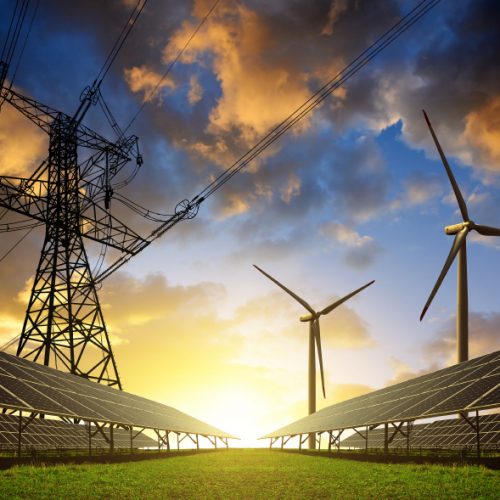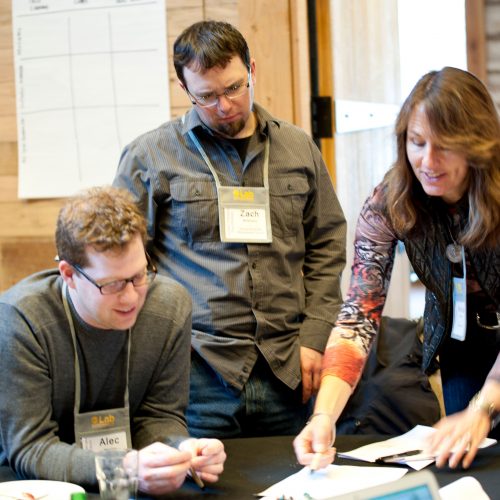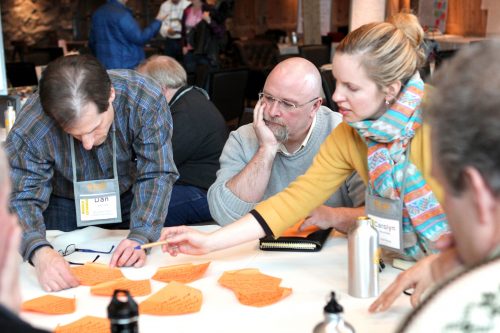
eLab Accelerator 2014
Spokane University District

Project Objective
Develop a clean energy vision and action plan for a “smart city” university district

Project Team Members
Candis Claiborn, Professor and Dean of the College of Engineering and Architecture, Washington State University, LinkedIn
Deloris Duquette, Area Vice President, Sales Development and Operations, Electric, Itron, LinkedIn
Heather Rosentrater, Director of Engineering and System Operations, Avista, LinkedIn
Scott Simmons, Senior Business Analyst, City of Spokane, LinkedIn
Kim Zentz, CEO, Innovate Washington Foundation, Contractor to Avista, LinkedIn

Project Description
The University District adjoining downtown Spokane, Washington, is at the core of a higher education and health care cluster and is the focus of redevelopment efforts targeting economic development and attracting new economy workers and businesses. The District already has a base system of smart circuits, and now there is an important opportunity to build on smart grid experience in Pullman, Washington, to position the University District as a “smart city” proving ground. The emerging smart city vision includes a profound shift in the way electricity and other resources (e.g., water, natural gas, transportation, etc.) are used and supplied. While a master plan for the University District is actively being implemented, the energy and smart city dimensions of that have not yet been planned.

Progress Made to Date (pre-Accelerator)
Following the recent addition of consultant support, the project team now has the resources it needs to do that planning and ultimately plan the smart city build out. This effort will inform revisions to the University District master plan. The e-Lab Accelerator session represents one of the first opportunities for the project team to convene and shape the project.

Post-Accelerator Outcomes
At Accelerator, team members explored the idea of Spokane's University District becoming a smart city laboratory/accelerator – a place to implement and evaluate the best smart city strategies of today and the most promising next-generation smart city strategies for tomorrow. They envisioned how a key set of smart systems at the intersection of water, energy, the environment and transportation (among other areas) could deliver key economic, well-being, and environmental benefits to the University District and, ultimately, the greater Spokane region. Following Accelerator, team members are developing this vision further, inviting stakeholders into the conversation and pursuing a possible smart city social lab, the working title of which is Spokane University District Smart City Accelerator. The initiative will be a multi-stakeholder effort to make the smart city accelerator idea a constantly evolving, sustainable reality.